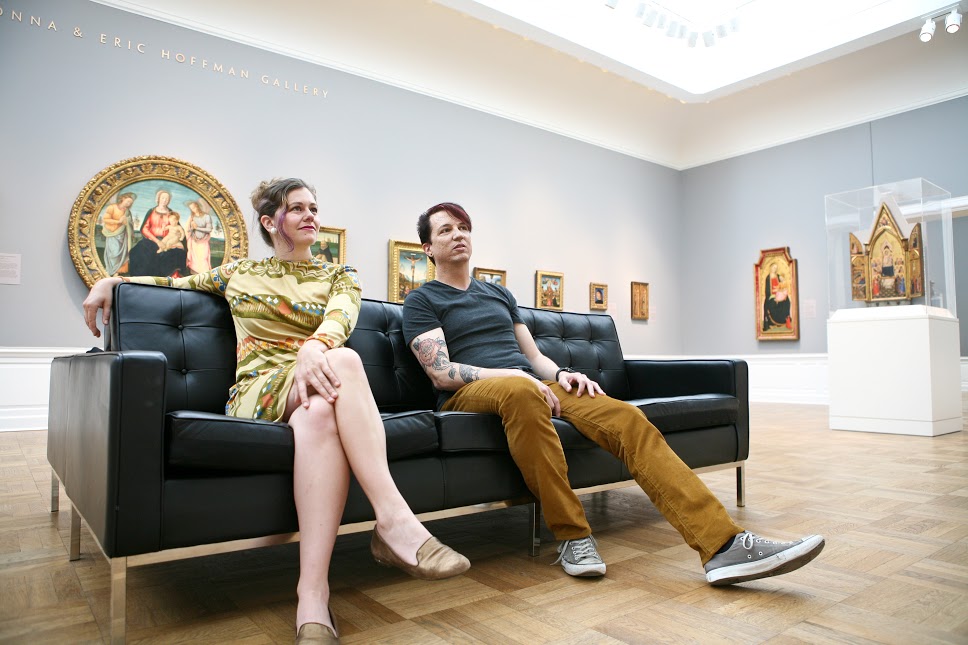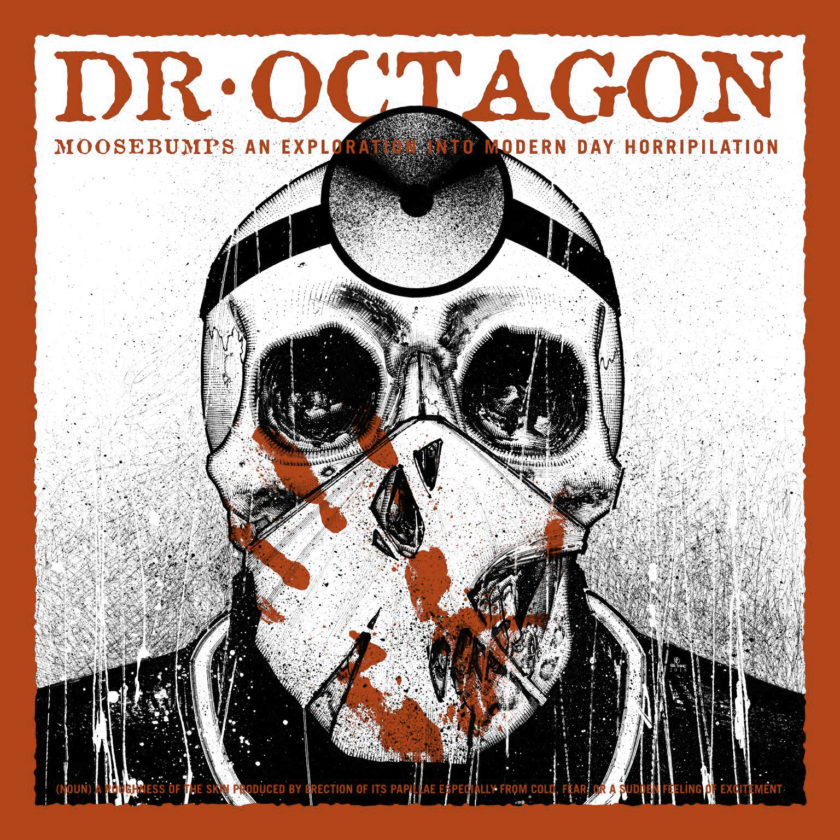Portland composer Christopher Corbell is fostering a renaissance in the local artistic community. His project, Cult of Orpheus, fuses lyrical sonnets with classical guitar and chamber instruments to create a dramatic, acoustic sound of true craftsmanship. The ensemble is set to release its debut album and accompanying poetry chapbook Time-wise Animals this fall and premiered songs from the album in a variety concert Aug. 17 at the Old Church Concert Hall.
The concert featured a panoply of performers: Baksana dancers and percussionists, a range of chamber musicians, and the concert’s namesake, Cult of Orpheus, consisting of Corbell on vocals and guitar and Sonja Myklebust of Portland Cello Project fame on cello. The Old Church, with its gothic mood, was an ideal setting for Corbell’s emotive compositions.
Corbell writes sonnets, the 14-line, iambic-pentameter poems used by Shakespeare and Petrarch, and sets them to classical music composition. His sources of influence range wide—the poet cites Rilke’s Sonnets to Orpheus as a constant source of inspiration as well as the work of local artists, authors, sculptors and photographers. Corbell often recites the lyrics to his sonnets before performing a song live.
“The Cult of Orpheus project is centered on poetic texts and lyrical music composition,” Corbell said. “So that’s always the common thread that weaves together our productions. There’s an arc of determined, if not deterministic, creative vision, which intersects with what others in the community are bringing across my path in terms of ideas and collaboration. I love the organic interplay of those forces and the emergent uniqueness of each production.”
And several productions are or have been in the works. Cult of Orpheus produced Viva’s Holiday: An Opera in One Act in 2015, scheduled for performance again later this year, and plans for two more original productions are underway.
Even grander, however, is Corbell’s ambition to redefine our concept of classical music and opera, and how we approach them as elements of our culture.
“Someone owns the classical music, and they’re giving you access to it,” Corbell said. “What I want to tell people is you own classical music. You own formal poetry, any formal achievement of humanity when you approach it reverently. The whole point of culture is to learn it and to share it. And it’s all yours. Don’t believe the gatekeepers.”
Similarly, Corbell has iconoclast vision for the old guard of performance opera and the necessity of evolution in its production. He prescribes local, contemporary creativity as the wellspring of opera’s future, not the multi-million dollar production houses’ annual regurgitation of the same classic re-enactments that no longer speak to a younger audience’s more progressive and egalitarian ideals.
Opera is an art form unfamiliar to many in contemporary culture, due in great part to the aristocratic exclusiveness of old-world class structures; many of us simply were not exposed to thematic performance enough to understand its community-building potential. Opera is storytelling set to music and performance, and Corbell sees the potential for its influence in Portland.
“My dream is to see underground original opera thrive in Portland to the point where it’s something we are known for, our weird answer to Broadway,” Corbell said. “I’m drawn to the way opera plays with time, shifting from a dramatic interaction to a poetic immersion where time is suspended. I also see a lot of potential with opera as communal ritual when it gets beyond the bourgeois-grandiose.”
If smashing old standards of ownership and accessibility to the high arts will promote awareness and involvement, Corbell believes the opportunity to do so is now. Since time immemorial, canonical fine arts and commercial media production have tended to follow the imperial will of an executive’s orders from the top down. The time is ripe for a paradigm shift.
“Renaissance doesn’t work by creative anachronism, it works by daring to create new ‘classics’ here and now—hopefully without the class-based mindset of the past,” Corbell said.
As for the use of sonnet structure, the poetic style made popular during the 14th century, Corbell finds the form conducive to wringing the best lyrics and thoughts from a concept.
“I’m drawn to form as a vehicle for augury,” Corbell said. “One has to search sometimes to find out what one really wants to say that would fit the constraints, and one can end up saying something more powerful or unexpected as a result. Also I’m drawn to the incantatory effect meter and rhyme can produce.”
The proof is in the putting. Cult of Orpheus’ Aug. 17 concert exemplified community collaboration, incorporating dance in the invocation, classical instruments mimicking animal sounds, humor through operatic vocals, and, of course, the haunting vocals of Corbell’s sonnets backed with the clarity of acoustic guitar and the warmth of Myklebust’s cello. Interested fans can sample demos of Cult of Orpheus music here.
Give undergound opera a try; you may just find yourself in the midst of an artistic renaissance.






